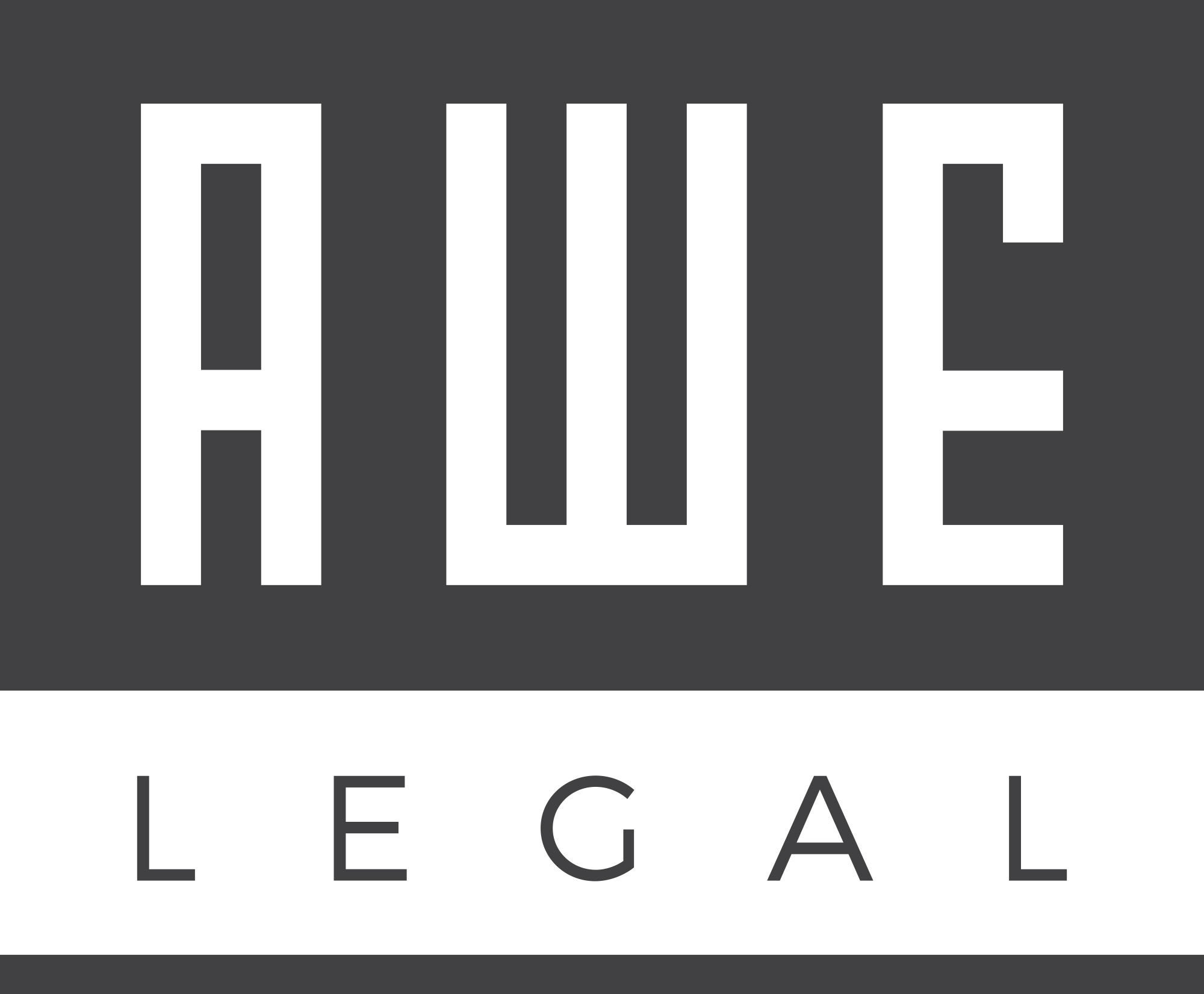Thinking About Incorporating Your Business?
Are you thinking about incorporating your business but not sure when to take the leap? Some of the most common questions we get from entrepreneurs are: what is an incorporation? when should I incorporate? and how?
Here are a few things to consider.
Up until now, you’ve likely operated as a sole proprietorship.
SOLE PROPRIETORSHIP - WHAT IS IT/BENEFITS
A sole proprietorship (“sole prop”) is an unincorporated business with only one owner who pays personal income tax on profits earned. Sole proprietorships are easy to establish and dismantle because of a lack of government involvement, making them popular with small business owners and contractors.
If you operate under your own legal name, in most provinces you do not need to register anything and your sole prop simply exists by virtue of you operating your business. You may choose to register for an HST or tax number and you’re off to the races!
Benefits of sole prop: not separating personal and business taxes, easier to start and maintain business, and you have complete control and decision-making power over the biz.
Cons of sole prop prop: you are liable, meaning you are legally responsible for anything that happens relating to the business (debts, damages, lawsuits etc.). There is no legal separation between you, your assets and the biz.
MASTER BUSINESS LICENSE - WHAT IS IT/BENEFITS
The next step towards branding your business, if applicable, would be registering for a provincial Master Business License (“MBL”).
Also called a trade-name, business license or business registration, a MBL allows individuals or corporations to operate a business under a name separate from their own personal legal name or the registered corporation name or number. In Ontario, the MBL is valid for five years and then you can renew it and it’s the cheapest form of business startup available in Ontario.
You simply need to do name search, ensure it’s available, and then register on the government website. If you operate a business and use any name other than your legal name or corporate name, you must register for a MBL. Your tax number can then be tied to your MBL.
The MBL lists your business name, address, business number, and a brief description of your business activities. The MBL can be registered by a sole proprietorship, partnership, or corporation.
Note: If you have a MBL for your sole proprietorship and then choose to incorporate, you can transfer the MBL to your Corporation at that time to continue using that name.
INCORPORATING YOUR BUSINESS - WHAT IS IT/BENEFITS
There are many benefits of incorporating your business, but we always recommend speaking to an accountant along with your lawyer when deciding if the timing is right for you.
Key considerations: often you need to be earning a certain amount of money to make it worth your while, since there are new tax requirements as a corporation and the set-up costs. That being said, if you’re in a high-risk industry where there is a lot of potential for accidents (such as fitness , health and wellness businesses) it may be worth incorporating before you’ve hit that revenue target in order to protect yourself against liabilities. Also, some businesses want to set themselves up from the start by incorporating to allow for expansion, funding opportunities and other business growth.
The benefits of incorporating are the following:
· Separate legal entity. Your personal assets are shielded and you must have a separate bank account and enter into contracts under the corporation.
· Limited liability. Shareholders are not responsible for a corporation's debts.
· Continuous existence. No name renewals required if you operate as a named company.
· Easier access to capital. Corporations often borrow money at lower rates.
· May be easier to get grants and other funding, as some require you to be incorporated.
· Lower tax rates. Corporations are taxed separately from their owners.
Key takeaways: incorporating your business reduces your personal liability as the corporation becomes its own entity in the eyes of the law and is held to the same responsibilities as any citizen. It is also responsible for its own debts and liabilities. You can get directors liability insurance for further protection, and check out our friends at Foxquilt for more info.
SO, WHAT’S NEXT IF I’M READY TO INCORPORATE?
While there are many online tools to help your incorporate, it’s worth chatting to a lawyer in order to help choose a Federal vs. Provincial incorporation, establish the proper share structure for your growth, assist you in securing the name you want to use, and most importantly ensure you understand each step of the process. There are certain government filings that must be done and having the right legal and accounting team in place can make this big step so much easier!
Make sure you not only have your articles of incorporation but a complete minute book with all your resolutions, by-laws, registers and of course share certificates! At AWE we make things easy with an all-electronic system and we work with you to ensure you've got the right name, share structure, registers and you can feel good knowing that you’re set up for protection and success.
Reach out to us any time at info@awelegal.com to book your free consultation.

